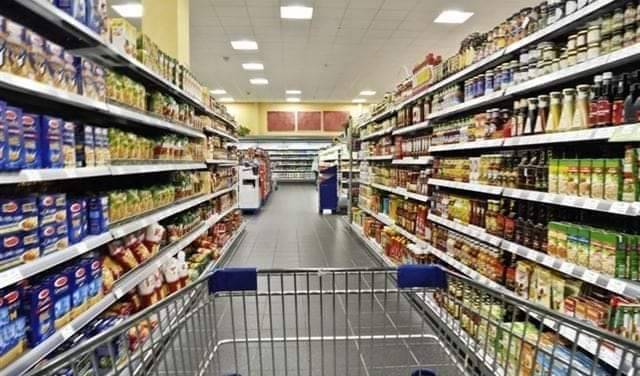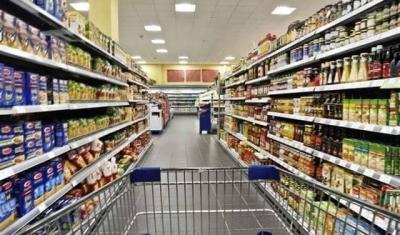In the third year of the crisis, the consumption of red meat in Lebanon has shifted from a necessary food rich in protein to a luxury item, starkly highlighting the lack of "food security," which means "the availability of food and the ability of individuals to secure it." On one hand, the price of a kilo of veal has risen to 360,000 LBP, amounting to 15% of the average income of two-thirds of the Lebanese population, estimated at 2.5 million LBP. On the other hand, the import of live and refrigerated meats has decreased by more than 70%, and most establishments have refrained from selling meat due to their inability to provide electricity for refrigeration.
Lebanon, which previously ranked first among Arab countries in terms of per capita meat consumption, has now plummeted. It is expected that individual consumption has dropped from about 60 kg annually to 18 kg. This is clearly indicated by "the decline in imports of refrigerated and frozen meats from about 22,000 tons in 2018 to 2,500 tons currently, and the drop in live meat imports from around 150,000 tons annually to 35,000 tons currently," according to Joseph Al-Habr, president of the Meat Traders Association in Lebanon.
This significant decline in imports is mirrored by the closure of butcher shops and the return of refrigeration units by commercial establishments to the meat distribution companies, as the cost of operating private generators to maintain product quality far exceeds the profit margin achieved. Consequently, many establishments, particularly small and medium-sized ones, have preferred to cease selling goods and materials that require refrigeration, including meat.
This reality is accompanied by citizens' inability to purchase sufficient quantities for storage in anticipation of rising external prices and further increases in the local exchange rate. With the lack of electricity and reduced generator supply hours to 5 hours daily in many areas, the ability to keep perishable and frozen foods is severely limited.
Another vital organic sector is also reeling under the pressure of the exchange rate, the collapse of citizens' purchasing power, and electricity shortages. While this has negatively impacted hundreds of companies and institutions that thousands of Lebanese depend on for their livelihoods, the decreased meat consumption among individuals threatens physical weakness and health issues, the costs of which they will bear in the coming days.




